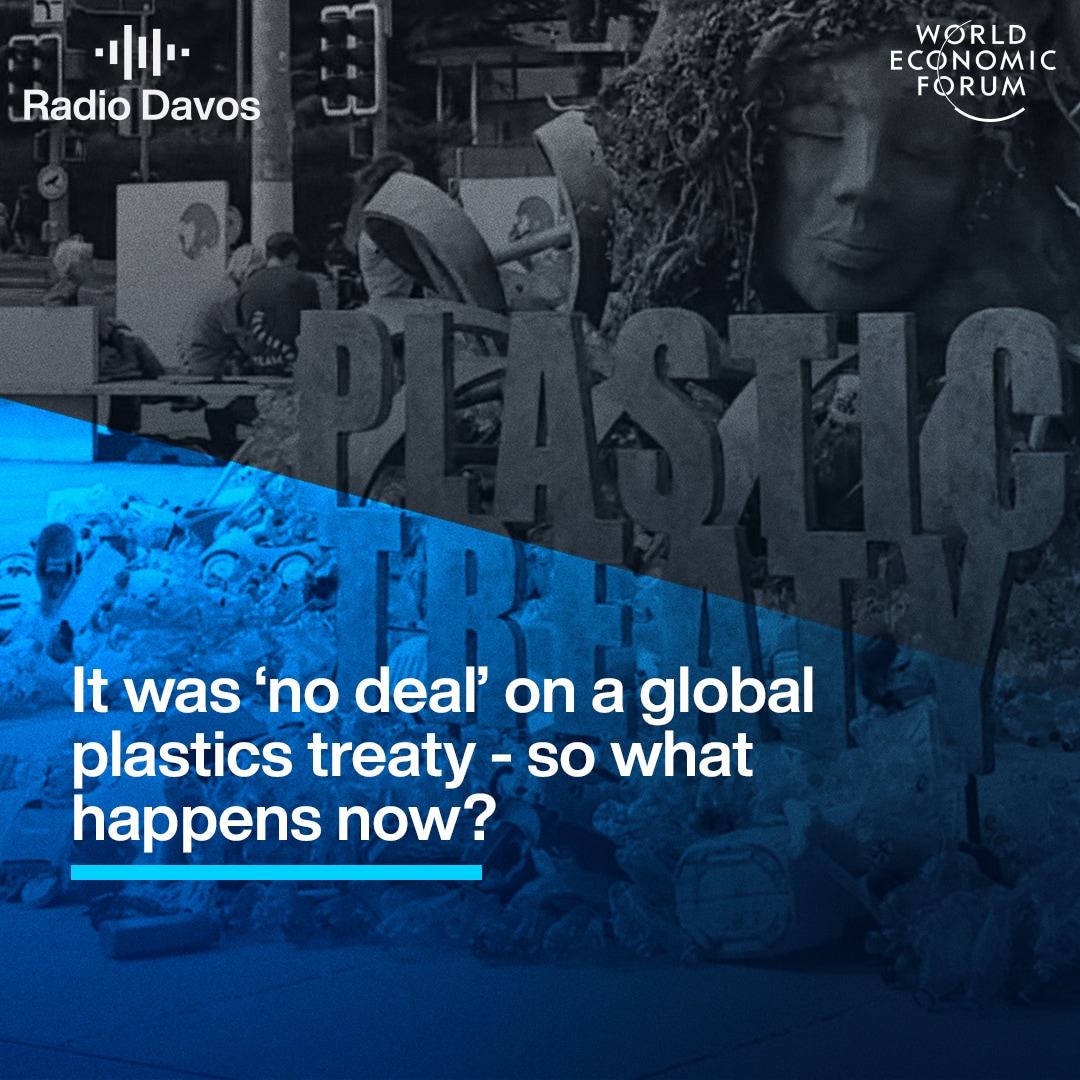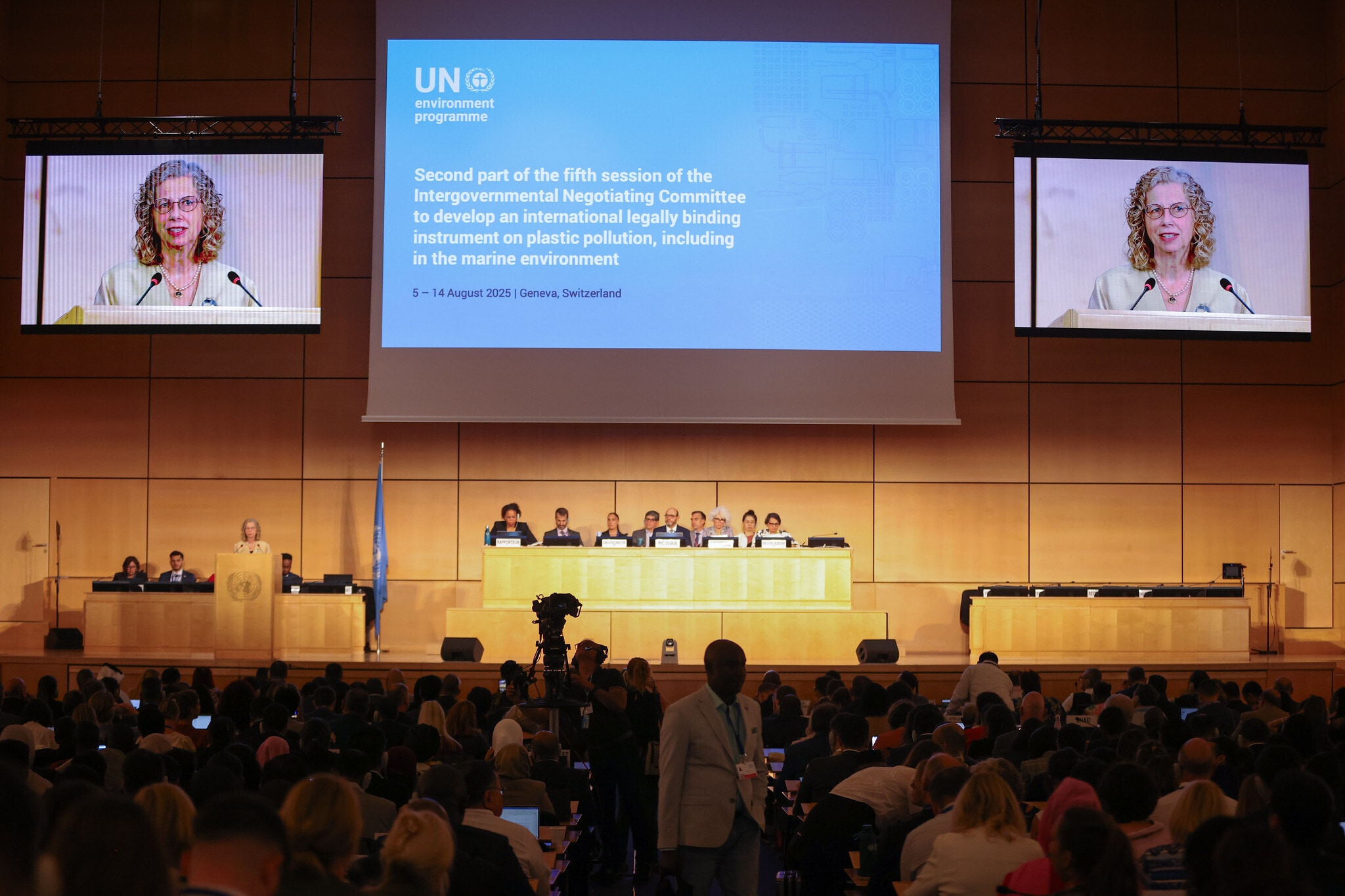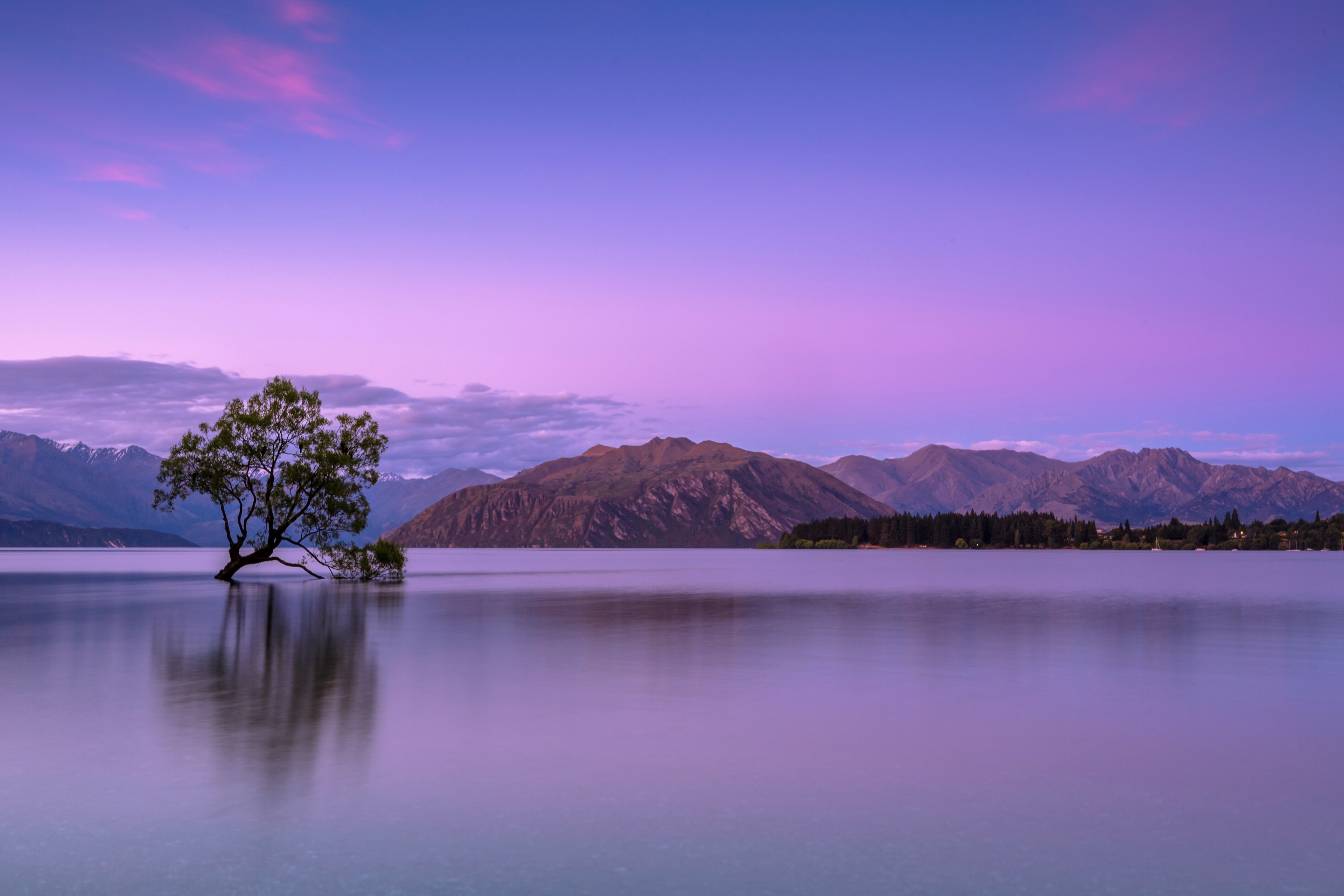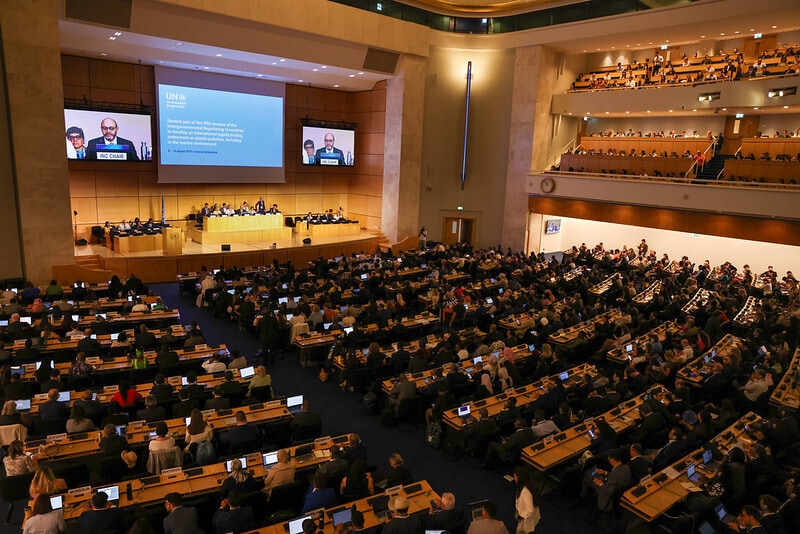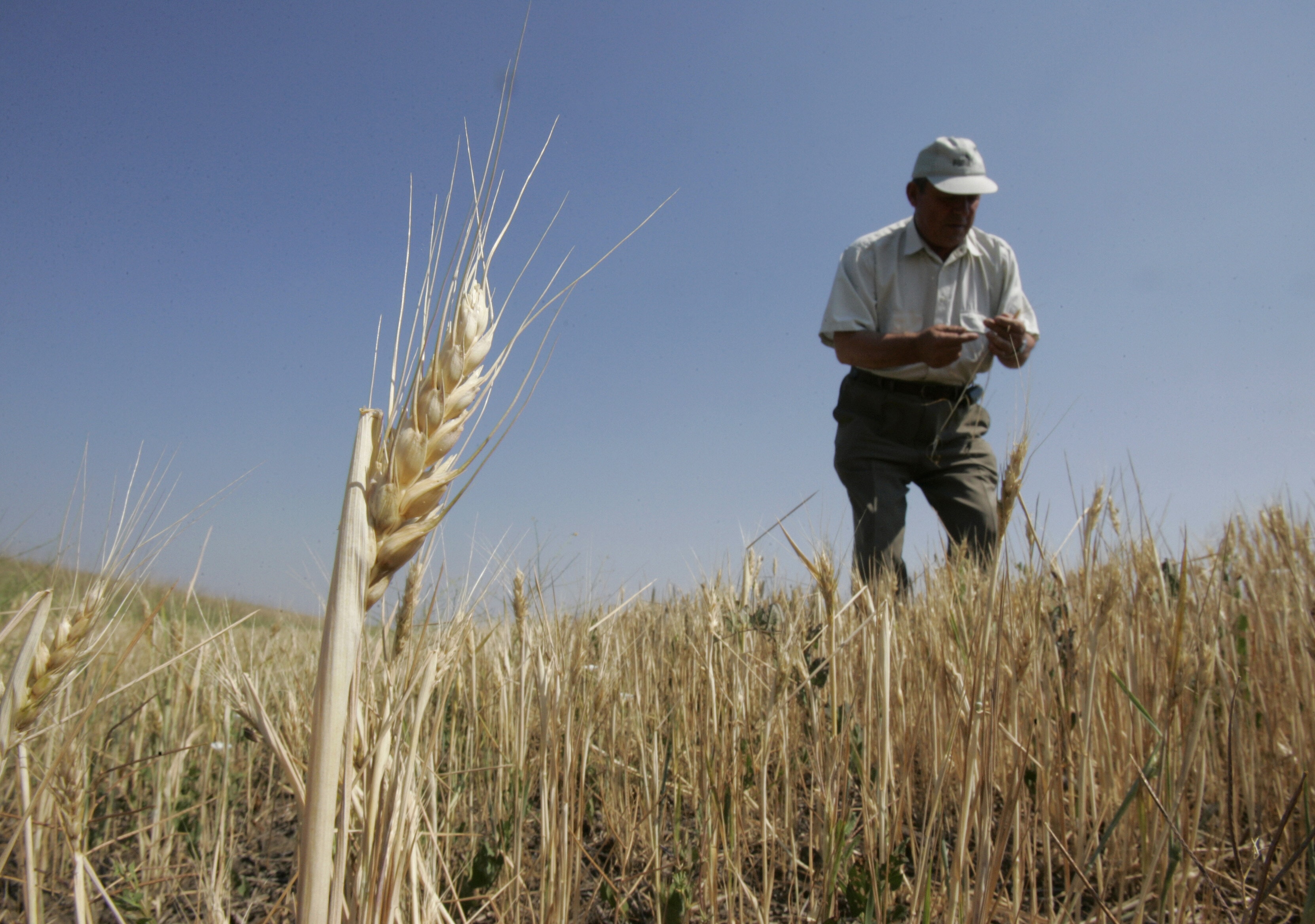This app will locate the nearest place to fill your water bottle

Tap displays nearby clean drinking water locations.
Image: REUTERS/Eric Thayer
Stay up to date:
Fresh Water
Most of us know by now plastic bottles aren't great for the environment yet more than 1 million plastic bottles are bought every minute — or about 20,000 per second — around the globe. A new app wants to eliminate purchases of single-use plastic water bottles by making it easy for you to find a place to fill up your reusable water bottle.
Available for free for Android and iOS, Tap displays nearby clean drinking water locations, from restaurants and retail stores to public water fountains, so you can refill your water bottle. So far, the app highlights 34,000 refill stations across 7,100 cities in 30 countries.
“Nobody up till now has built a Google Map for (drinking) water,” founder Samuel Rosen told Forbes. “Finding water is inconvenient. When I go to Google Map and type 'water fountain,' there is nothing. We solve it by building Google Map for water... We are a search engine. We tell you where the water is.”
Rosen, founder and formerly CEO of on-demand storage startup MakeSpace, was inspired to create Tap when he paid $5 for a bottle of Evian at the airport.
“Water is a mispriced public good,” he said. “I believe we, as consumers, have been robbed of our own water and sold back to us by corporations.”
Soon you may see a blue "Tap" sign in store windows indicating the business is available for anyone in search of clean drinking water. The app gives consumers relevant info about the water source, like if the water is sparkling or tap, and if its coming from somewhere like a drinking fountain or water cooler.

But the app isn't just to help thirsty people out. Tap also wants to make an impact on how many plastic bottles are getting into the environment and our oceans. A widely reported study by the World Economic Forum and Ellen MacArthur Foundation determined that by the year 2050, the ocean will contain more plastic than fish.
“We didn’t have to wait to convince anyone to sign up. It’s for the same right reasons what corporations are doing with sustainability... We have brand ambassadors as young as 10 signing up local businesses," Rosen said. "This is a movement.”
Don't miss any update on this topic
Create a free account and access your personalized content collection with our latest publications and analyses.
License and Republishing
World Economic Forum articles may be republished in accordance with the Creative Commons Attribution-NonCommercial-NoDerivatives 4.0 International Public License, and in accordance with our Terms of Use.
The views expressed in this article are those of the author alone and not the World Economic Forum.
Forum Stories newsletter
Bringing you weekly curated insights and analysis on the global issues that matter.
More on Nature and BiodiversitySee all
Tom Crowfoot
August 20, 2025
Chavalit Frederick Tsao
August 19, 2025
Andrea Willige
August 15, 2025
Tom Crowfoot
August 14, 2025
James Balzer
August 14, 2025

